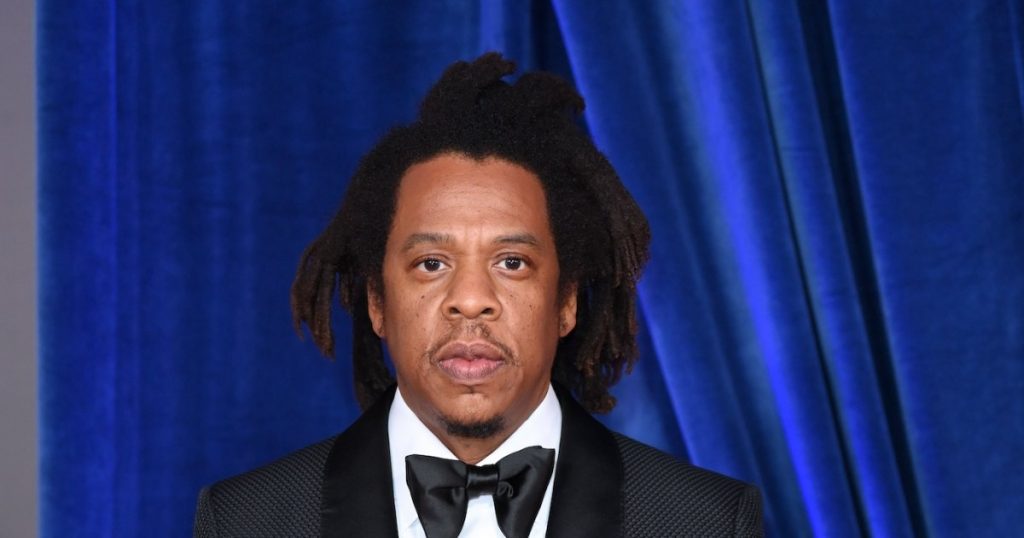The legal battle between rapper Jay-Z, born Shawn Carter, and an anonymous woman identified as “Jane Doe” continues, with the focus shifting to procedural grounds and the applicability of a specific New York City law. Doe alleges that Jay-Z and Sean “Diddy” Combs raped her at an MTV Video Music Awards afterparty in September 2000, when she was 13 years old. Both Jay-Z and Combs have vehemently denied these accusations. The crux of the current legal maneuvering centers around the Gender-Motivated Violence Protection Act (GMV Law), a New York City statute that provides civil recourse for victims of gender-motivated violence.
Jay-Z’s lawyer, Alex Spiro, has requested permission to file a motion to dismiss the case, arguing that the GMV Law cannot be applied retroactively. The law was enacted in December 2000, three months after the alleged assault occurred. Spiro contends that since the law was not in effect at the time of the alleged incident, Doe cannot pursue her claim under its provisions. This argument forms the basis of Jay-Z’s attempt to have the case dismissed on procedural grounds. Judge Analisa Torres of the Southern District of New York has granted Spiro’s request, allowing him to file the motion to dismiss by February 6, 2024.
Doe’s attorney, Tony Buzbee, opposes Jay-Z’s request for dismissal, arguing that Spiro’s interpretation of the GMV Law contradicts the law’s intent. Buzbee maintains that the law aims to facilitate, not hinder, victims of gender-motivated violence in seeking civil remedies. He contends that dismissing the case based on a technicality related to the law’s enactment date would undermine the very purpose of the legislation. This disagreement over the applicability and interpretation of the GMV Law forms a key point of contention in the ongoing legal proceedings. The court has set deadlines for subsequent filings, with Doe’s attorneys having until February 28 to respond to the motion to dismiss and Jay-Z given the opportunity to reply by March 14.
Beyond the central dispute regarding the GMV Law, the case involves other complex legal layers. Judge Torres recently ruled that Jane Doe can maintain her anonymity, rejecting Jay-Z’s initial attempt to have the lawsuit dismissed and Doe’s identity revealed. This decision, however, remains subject to review as the case progresses. Judge Torres acknowledges that the circumstances could change and that she intends to revisit the anonymity issue if the case advances further. This adds another dimension to the legal proceedings, highlighting the delicate balance between protecting a plaintiff’s identity and ensuring a fair and transparent legal process.
Adding further complexity to the situation is a separate legal battle between Jay-Z and Buzbee. Jay-Z has filed a lawsuit against Buzbee, accusing him of extortion and defamation. In response, Buzbee has filed his own suit against Roc Nation, Jay-Z’s company, alleging bribery, threats, and impersonation of state officials. Roc Nation has dismissed Buzbee’s lawsuit as unfounded. These parallel legal actions between the two attorneys further complicate the landscape of the original case, potentially influencing the dynamics and strategies employed by both sides.
The case involving Jay-Z and Jane Doe remains in its early stages, with significant legal hurdles yet to be overcome. The central question revolves around the applicability of the GMV Law and whether the alleged assault can be addressed under its provisions. The procedural arguments surrounding the law’s enactment date and its retroactive application will likely play a crucial role in determining the case’s future trajectory. Meanwhile, the ongoing legal battles between Jay-Z and Buzbee add another layer of complexity to the case, potentially impacting the strategies and dynamics of the main legal proceedings. The court’s decision on the motion to dismiss will be a pivotal moment in this ongoing legal saga.










